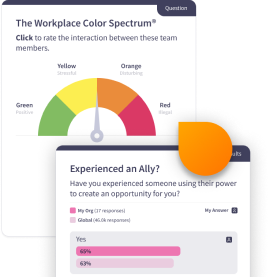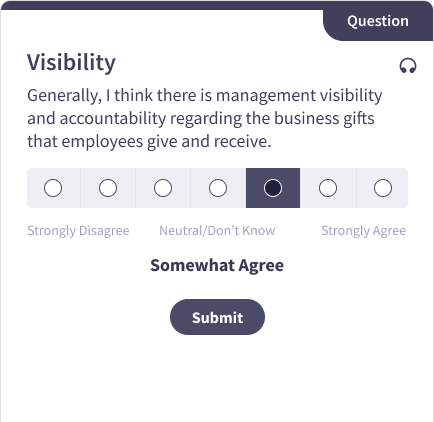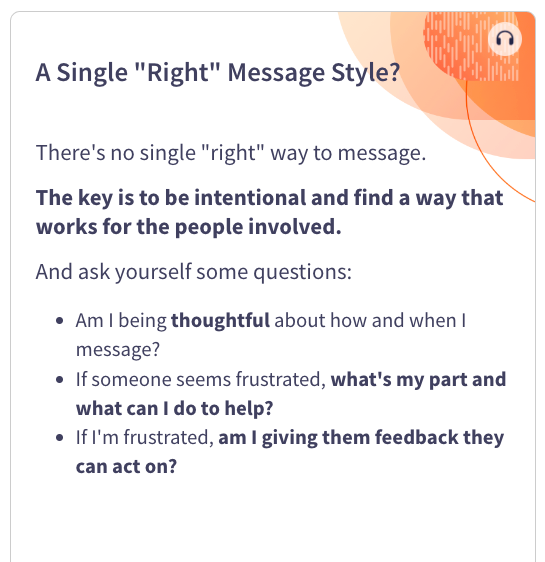
Protecting Resources and Ensuring Integrity
Fraud, waste, and abuse (FWA) refers to illegal actions that lead to unnecessary costs, misuse of resources, or deceitful practices within the healthcare system. These actions can significantly compromise the integrity of healthcare services, resulting in inflated costs for patients, insurers, and providers.
Microlesson DescriptionThis microlesson helps learners identify and report instances of fraud, waste, and abuse, including medical identity theft, which occurs when someone’s identity is used to obtain healthcare services or file claims fraudulently.
Key Concepts:- Definitions and distinctions between fraud, waste, and abuse in the healthcare sector.
- Understanding the impact of FWA on healthcare costs and resource allocation.
- Recognizing signs of medical identity theft and its damaging effects on victims.
- Best practices for reporting suspected FWA violations to protect patients and the healthcare system.
- Importance of adhering to organizational policies to prevent and address FWA.
Microlesson Features
- Employee sentiment pulsing questions that provide leaders with insights into their workforce's core cultural competencies
- Emtrain's Expert Answers tool, enabling employeees to submit anonymous questions about sensitive issues.
- Rich, contemporary video scences illustrating key concepts through realistic scenarios
- A data driven, skill-based approach to eLearning that establishes a shared language for employees.

Related Resources
Related Trainings
Frequently Asked Questions
Below are answers to common questions that employees and managers have about this topic. These FAQs provide a preview of what you’ll learn in this microlesson and why it matters.
Q
Why is fraud, waste, and abuse such a risk in healthcare?
Fraud, waste, and abuse are high risks in healthcare because they inflate costs, reduce resources for patients, and can result in legal and financial penalties.
Q
How can employees spot signs of resource misuse?
Employees can spot signs of misuse by watching for unusual billing practices, unnecessary services, inflated expenses, or patterns of favoritism in resource allocation.
Q
What risks arise if organizations ignore fraud and abuse?
If organizations ignore fraud and abuse, risks include regulatory fines, reputational damage, loss of trust, and erosion of employee morale.
Q
How can managers build controls to reduce fraudulent activity?
Managers can build controls to reduce fraud by enforcing transparent approval processes, conducting audits, and ensuring segregation of duties.
Q
Why is training employees to recognize fraud essential for compliance?
Training employees to recognize fraud is essential for compliance because it equips them to identify red flags early and act before issues escalate.



